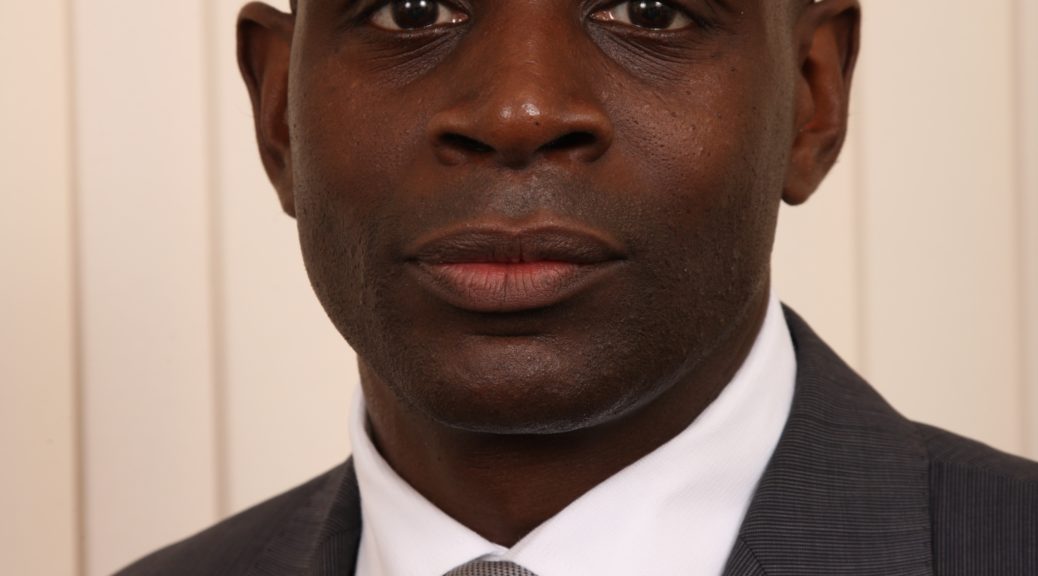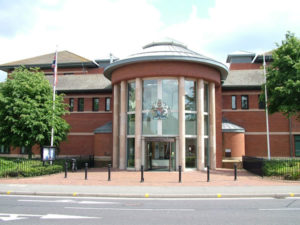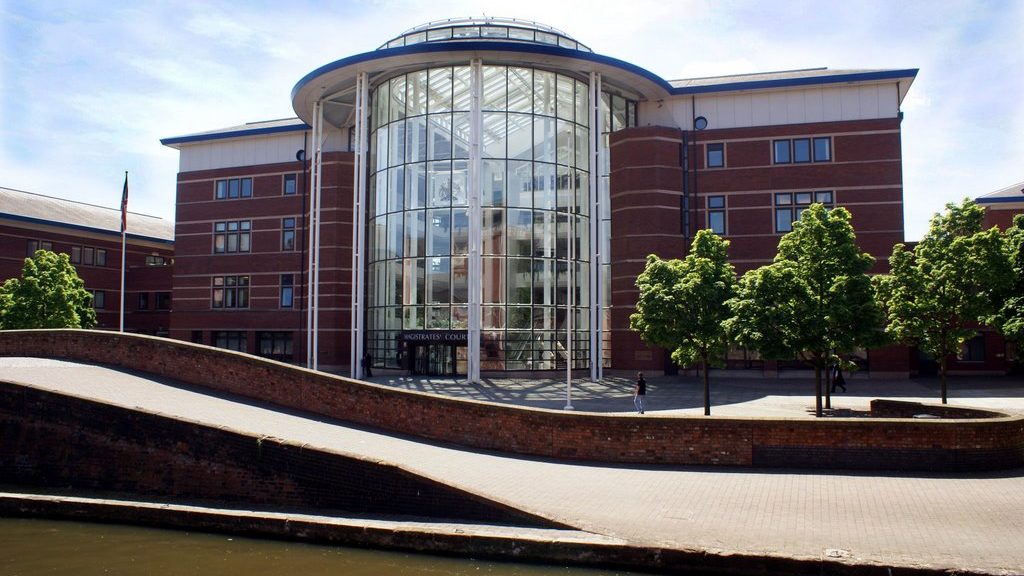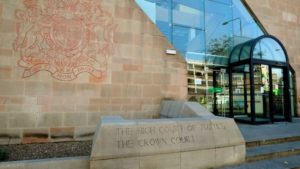
Nottingham crime solicitor Derek Brown used persuasive advocacy to ensure that his client was found not guilty of assault on the basis of a reasonable pre-emptive strike.
Derek’s client was of good character. The background to the case was that the complainant had been seeing our client’s boyfriend. This news came out of the blue, understandably causing Derek’s client upset.
Unfortunately, the complainant chose to try and make matters even more upsetting. She parked outside our client’s house the night before the allegation was made, laughing and using behaviour calculated to provoke a response.
The very next day the complainant was parked up again. She made an allegation that Derek’s client had approached her in her vehicle, reached through the window and punched her and pulled her hair. The incident was said to have been unprovoked. Later in the same day, our client was said to have approached the vehicle again and hit it.
Police Interview as a Volunteer
Our client had been interviewed by the police as a volunteer. This means that she was not under arrest. Her answers to questions were still tape-recorded however, and would have the same value as evidence in court even though she was not arrested.
She had chosen not to have a solicitor present in interview. This might be an unfortunate effect of calling a suspect a volunteer – it perhaps creates an impression that the investigation or interview is somehow less important than when arrested. Legal advice and representation remains free under legal aid.
Denied assault allegation
In interview, she explained that she had seen the complainant parked up and asked her what she was ‘playing at’. At that time, the car window was fully wound up. The complainant stated that she had done nothing wrong, but then suddenly opened the car door and took off her seat belt.
The complainant started to move to get out of the car. Derek’s client maintained that her body language was aggressive. She believed she was going to be attacked so before she could get out of her seat she punched her once to the face. She did this because she believed she was going to be subject to an imminent attack.
Not guilty due to reasonable pre-emptive strike
At trial, both the complainant and Derek’s client gave evidence. Derek recognised that potential weaknesses in his client’s case of a reasonable pre-emptive strike were:
- the motive that she had for assaulting the complainant
- the complainant was hit while still in the car
Despite the problems, Derek’s client gave evidence well. Derek’s experience meant that he was able to address the Magistrates’ in a strong closing speech. The Magistrates’ went on to find his client not guilty.
Contact a Nottingham Criminal Defence Lawyer
If you have a difficult case that may turn on whether you instruct an experienced lawyer, then please contact Derek on 0115 9599550 or email him here.















